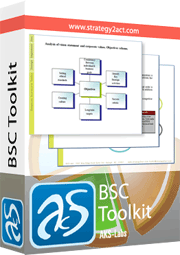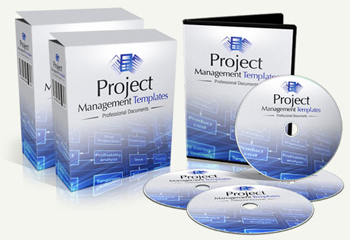
The combined impact of the consumerization of technology, cloud, mobile and the Internet of Things (IoT) is ushering in a new era of information management that will change the face of Enterprise Content Management (ECM) as we know it.
Cloud, mobile and IoT together have accelerated a mighty upheaval in the technology landscape as more content enters the enterprise than ever before - leaving enterprises struggling to manage it effectively. The modern ECM platform is required to scan, store data, manage work flow, business process and compliance. Mobile, Analytics, Cloud and Collaborative (MACC) technologies will be the nerve center for big data and predictive analytics.
Cloud is quickening its momentum. IDC predicts that by 2016, there will be an 11% shift of IT budget away from the traditional in-house IT delivery, toward various flavors of cloud computing as a delivery model. By 2017, 35% of new applications will use cloud-enabled, continuous delivery - driven by faster DevOps life cycles to streamline rollout of new features and business innovation.
At the same time, IoT is moving far faster than anyone expected. Market research service BI Intelligence forecasts that device shipments will hit 6.7 billion by 2019. The enterprise sector is currently leading the way on IoT, accounting for 46% of device shipments this year.
ECM - back on the enterprise agendaThis evolution is putting ECM back on the radar and urging enterprises to look at where ECM fits into their roadmap and how it can address a number of issues on the horizon. These include privacy and security issues, universal connectivity, increased regulation of cloud by governments, assessing cloud risk and enhanced virtual and distributed work modes. All of these will put ECM firmly back on the agenda.
Traditional ECM is still working for many enterprises, with more than two-thirds of organizations in AIIM's recent (Q2 2015) ECM Decisions Industry Watch saying they see ECC/DM as mission critical. In addition, 75% of enterprises see ECM/RM playing a key role in their information security strategy going forward. Undoubtedly ECM is firmly rooted in the enterprise, but with the arrival of mobile, cloud and IoT, enterprises are starting to look at it from a different angle. They are beginning to realize that ECM has the scope and functionality to deal with the sea of technological change they are faced with and the mountain of data it will create. IDC has forecasted a 50-times increase in digital content from 2010 through to 2020, with a staggering 90% made up of unstructured data such as emails, audio, images and video.
ECM in the cloud?In our increasingly connected world, ECM comes with its challenges to satisfy the ‘work anywhere' generation, and some enterprises are just dipping a toe in the water. From a personal point of view, respondents to AIIM's survey were largely in favor of moving ECM content to the cloud, mostly as a small on-premise/large cloud hybrid. Enterprises themselves, however, are less positive with 48% in favor of cloud. The dominant preference, as expected, is private cloud (71%).
Many enterprises have established on-premises information governance principles and are worried that moving their ECM system to the cloud could leave their data exposed. But they are realizing that an internal data breach is probably more likely to happen than in the cloud.
They are aware that cloud-deployment of ECM would improve universal access, but for most this equals dedicated deployment on servers that they control rather than multi-tenanted public cloud.
Many enterprises have established on-premises information governance principles and are worried that moving their ECM system to the cloud could leave their data exposed. But they are realizing that an internal data breach is probably more likely to happen than in the cloud. And they are costly. According to the Ponemon Institute annual Cost of Data Breach Study, the average consolidated total cost of a data breach is $3.8 million. The question today is not where is the data stored, but are the right information security and governance measures in place to protect it.
Enterprises have wrestled with how to manage the intersection of people, process and information and for the past fifteen years or so we've had ECM on board. With mobile access and large amounts of data existing outside structured processes, the whole perspective has changed. You only have to ask current ECM users, 52% of whom believe that within five years, ECM solutions will combine as a uniform part of the entire IT infrastructure. ECM is entering a new age where hybrid deployment options are expected, but the term ECM is no-longer a moniker for an industry that is going through major disruption. It needs a name that more accurately reflects the changing landscape.











0 comments:
Post a Comment